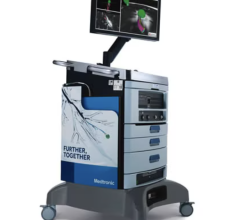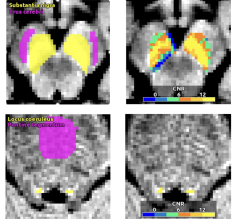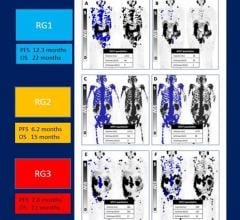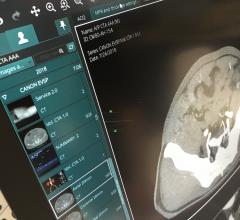Feature | February 03, 2014 | Dave Fornell
Stage 2 meaningful use guidelines for electronic medical records (EMRs) suggest use of clinical decision support (CDS) software to help clinicians choose appropriate labs, diagnoses, therapies and imaging exams. A draft policy to replace the sustainable growth rate (SGR) formula now being considered by a joint U.S. Senate Finance and House Committee on Ways and Means Committee might make this suggestion a requirement in the future. The draft policy would deny Medicare payment for exams if the ordering physician did not consult appropriate use criteria (AUC) and require prior authorization for outlier providers.
The American College of Radiology (ACR) applauded the proposal in early November. “This landmark step by Congress is a validation of a cornerstone of the College’s Imaging 3.0 initiative that increases quality of imaging care and preserves healthcare resources,” said Paul Ellenbogen, M.D., FACR, chair, ACR Board of Chancellors. “We strongly urge Congress to follow this approach, which helps medicine transition from volume-based to quality-based care without interfering in the doctor-patient relationship.”
The policy draft would require the Secretary of the Department of Health and Human Services to specify appropriateness criteria from among those developed/endorsed by national professional medical specialty societies. The secretary must also identify mechanisms, such as clinical decision support (CDS) tools, by which ordering professionals could consult. AUC CDS systems are already in use at Mayo Clinic and at Massachusetts General Hospital have shown they can cut down on duplicate and/or unnecessary scanning and their associated costs. Studies show that imaging exams reduce unnecessary hospital admissions, shorten length of stay and are directly linked to greater life expectancy. ACR said Medicare imaging use and imaging costs are down significantly, the same levels as it was in 2003, and that imaging is the slowest growing of all physician services among the privately insured. ACR contends the use of appropriateness criteria can help streamline the ordering of these services.
If this policy is enacted, and it appears to be that it would be a no-brainer decision to help cut the staggering costs of Medicare, I predict it will result in an explosion in adoption of CDS systems. This software is not widely offered by PACS, CVIS or EMR vendors because it is difficult to keep up-to-date with the latest data from multiple societies, clinical trials and studies regarding all subspecialties.
© Copyright Wainscot Media. All Rights Reserved.
Subscribe Now


 May 22, 2024
May 22, 2024 








